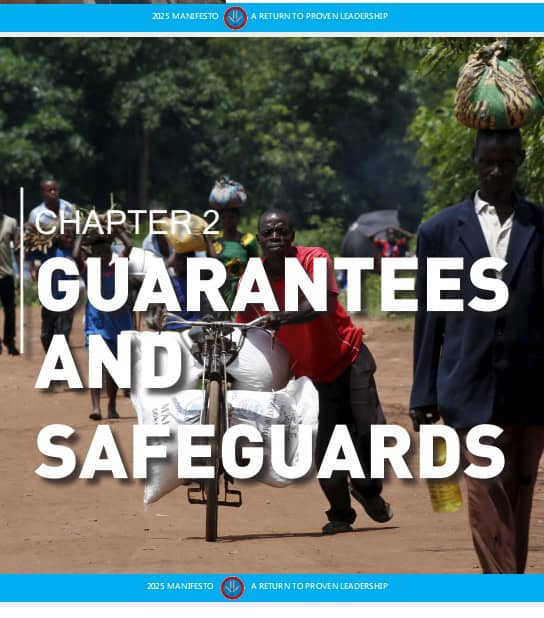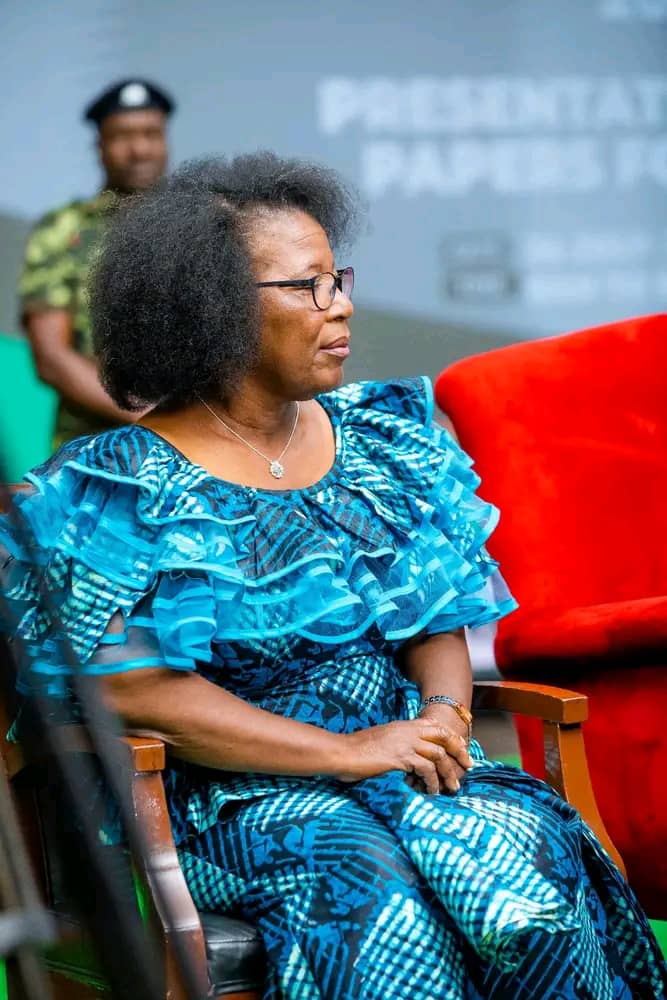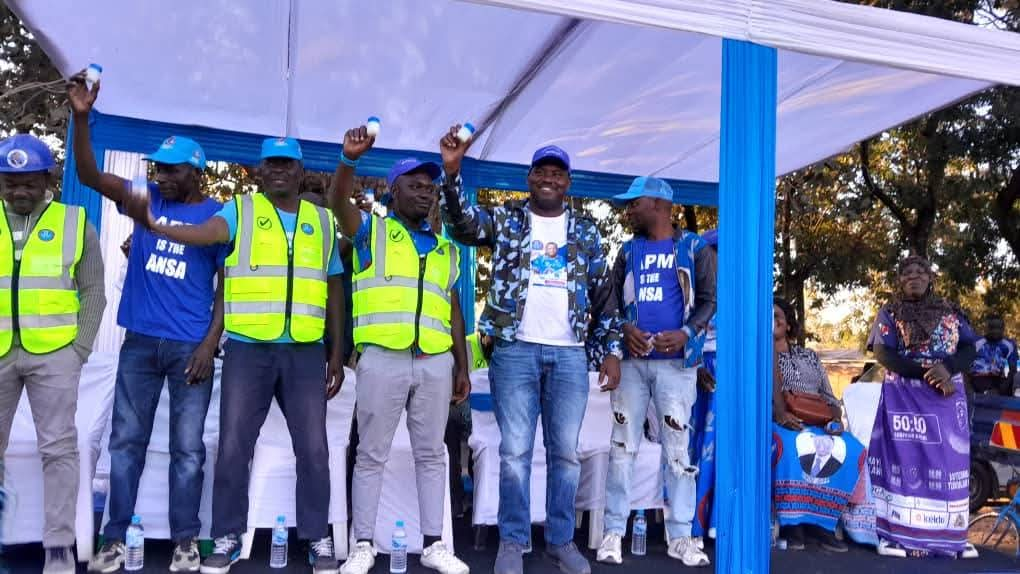By Burnett Munthali | Malawi Freedom Network
The Democratic Progressive Party (DPP) stakes its reputation on being a party of integrity and delivery.
It pledges to honor its promises by delivering on what it commits to, reflecting a progressive, patriotic, hardworking, and trustworthy identity.
The DPP aims to form the next government, fully aware that traditional aid from Western donors has largely dried up.
Drawing from its experience between 2014 and 2020, when it ran the government without budget support yet maintained funding for ministries, departments, and agencies, the party expresses readiness to build on this self-reliant approach.
The DPP’s vision for Malawi centers on food security and export growth through sufficient food production.
At the heart of its economic philosophy is the principle of inclusivity — ensuring no Malawian is left behind in the country’s progress.
The party embraces the slogan “One Malawi, One Destiny,” emphasizing shared responsibility in either transforming or failing together.
This inclusive national development agenda aims to unite all Malawians in a collective journey from poverty to prosperity.
In education, the DPP proposes an inclusive system that caters to learners of diverse abilities.
It commits to developing curricula and examinations that accommodate children with autism and other learning differences, ensuring their inclusion in education and eventual integration into the job market.
The DPP takes credit for establishing the National Planning Commission and pledges continued support for long-term national development planning.
Investment, rather than reliance on aid, remains a cornerstone of the party’s development strategy.
For example, the manifesto commits to extending every primary school to include secondary education, targeting 100% transition by 2063.
Women’s empowerment remains a priority, with promises to enhance female participation in business, leadership, development sectors, and cultural heritage preservation.
The party also commits to increasing women’s representation across Parliament, Cabinet, civil service, and all facets of national development.
Youth development features prominently, with emphasis on skills training through community technical colleges.
Protection for the elderly and persons with disabilities is another key commitment.
The DPP assures a secure and welcoming environment for bona fide investors, diplomats, and international organizations, inviting them to actively contribute to Malawi’s economic development.
The manifesto promotes a knowledge-based economy informed by research from higher education institutions, think tanks, and related organizations.
Management of national finances and natural resources will be conducted with integrity and patriotism.
The party promises to run a lean and inclusive Cabinet, aiming for efficiency in governance.
There will be rationalization of the number and quality of Principal Secretaries to enhance effectiveness.
Similarly, the functions of parastatals and State-Owned Enterprises will be reviewed and rationalized to improve performance.
On foreign policy, the DPP pledges to uphold national sovereignty while promoting growth and development.
Malawians living abroad, benefiting from dual citizenship, will be encouraged to contribute to national development.
To ensure accountability, the manifesto outlines the establishment of a Manifesto Monitoring and Evaluation Unit.
This unit will collaborate with the National Planning Commission to track progress on the party’s commitments during the 2025-2030 period.
Conclusion:
The DPP manifesto for 2025-2030 articulates a vision grounded in inclusivity, sustainability, and self-reliance.
Its emphasis on food security, education, women and youth empowerment, and efficient governance reflects a comprehensive strategy aimed at uniting Malawians towards shared prosperity.
However, the manifesto’s success will largely depend on the party’s ability to implement these ambitious plans amid challenges such as dwindling foreign aid and economic pressures.
Continuous monitoring and evaluation, as promised, will be crucial in holding the government accountable and ensuring that promises translate into tangible improvements in the lives of Malawians.




